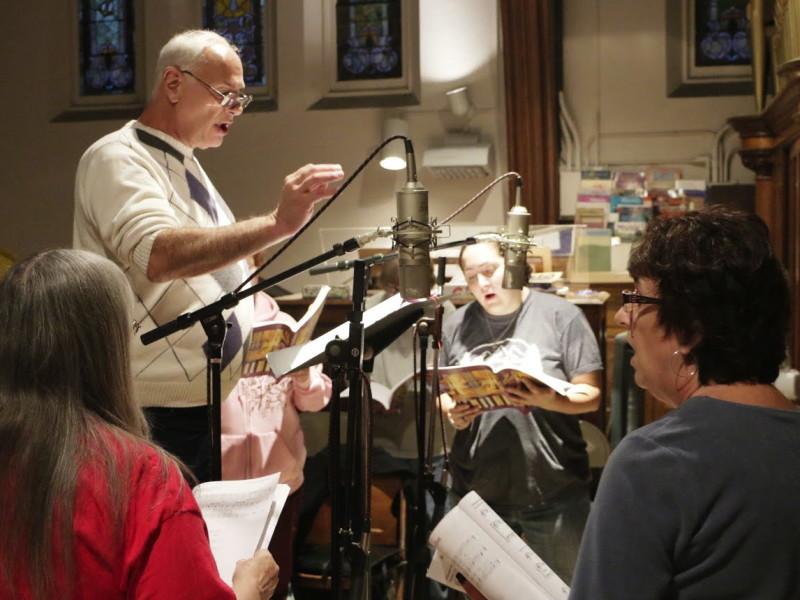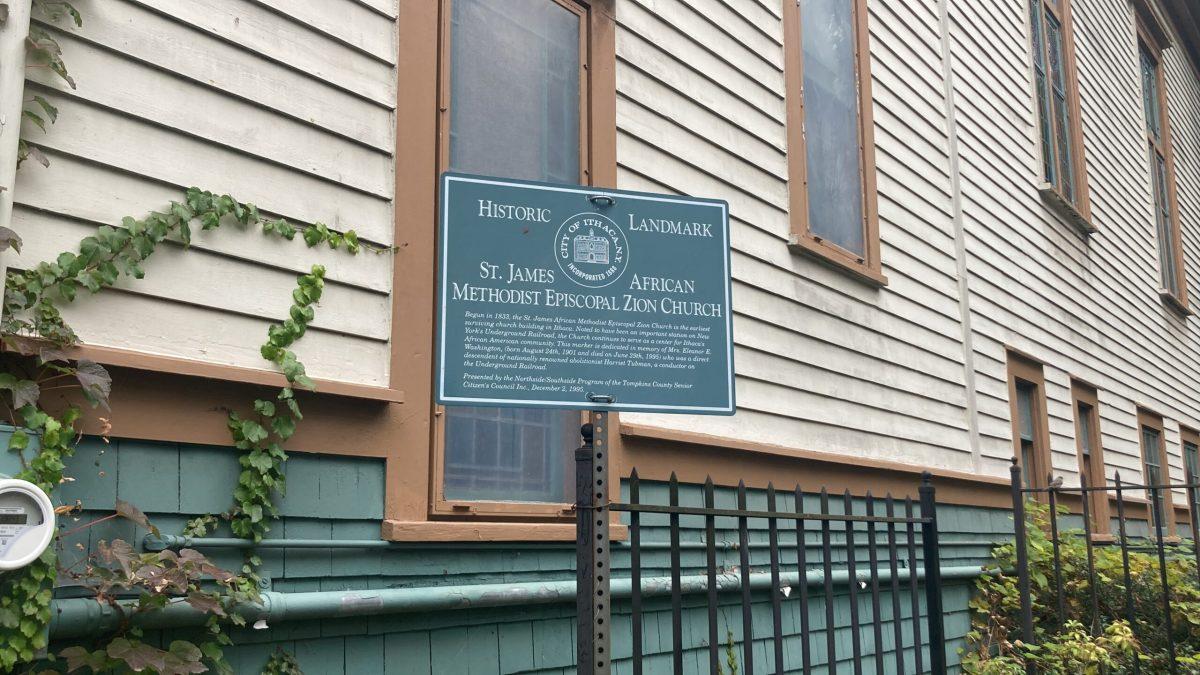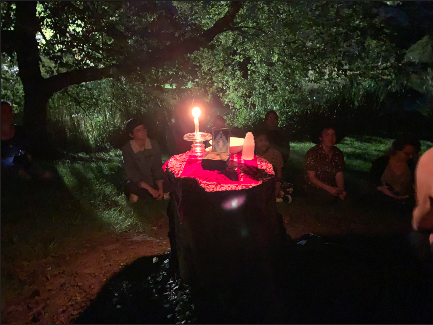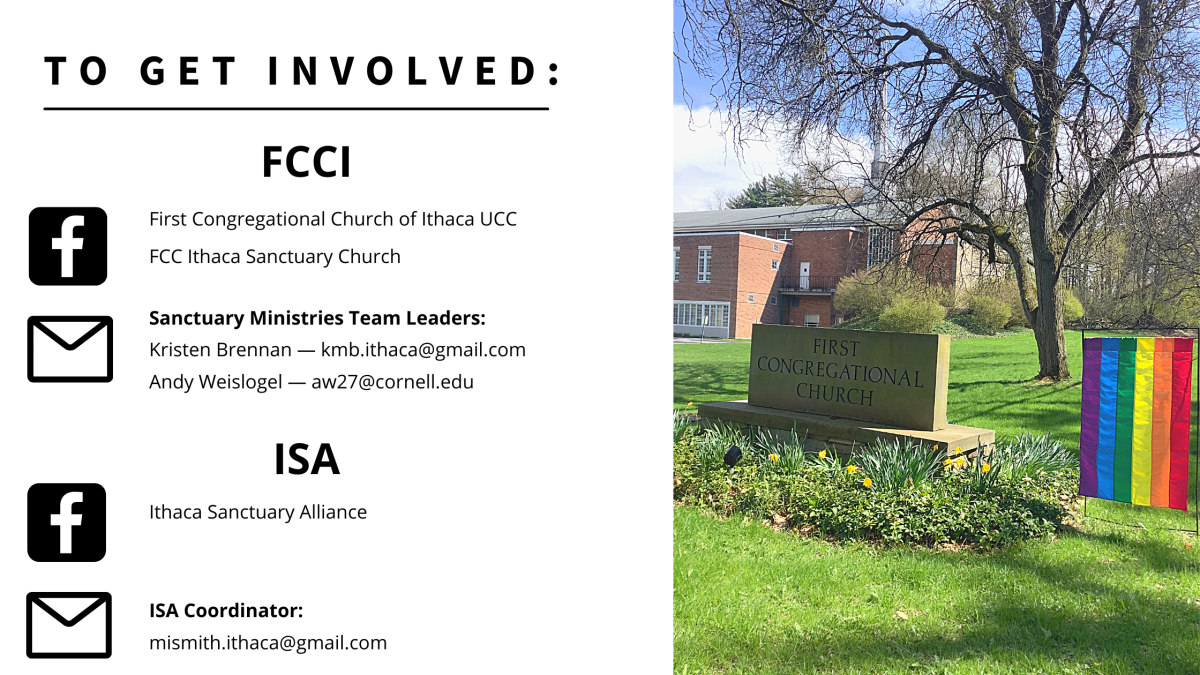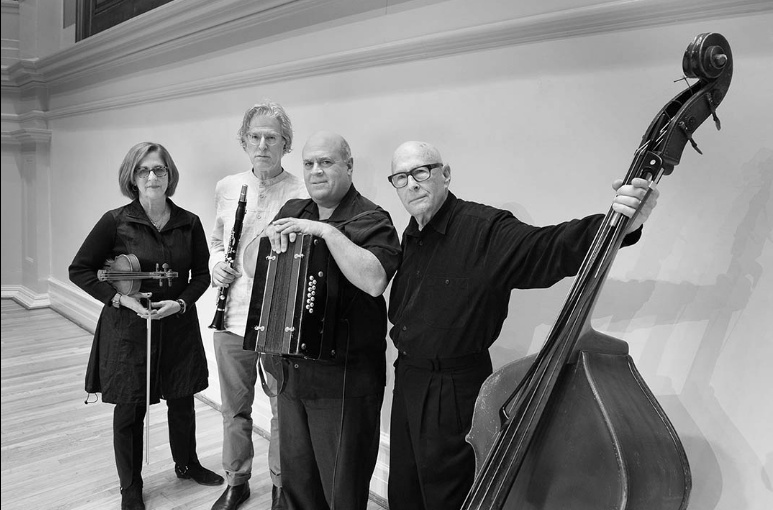Choir members shuffle their music sheets as they wait for Gary Vrabel, the Immaculate Conception Church Choir Director, to tell them their next song.
“Alright, ‘With Open Hearts,’” he says. “Let’s see how we do on this one.”
The organist plays the first note and Vrabel, with swift arm motions, conducts the choir to begin. Each member then opens their mouth to produce a melody that fills the entire church with strong harmonious and wholesome sound.
Every Tuesday at 6 p.m. the Immaculate Conception Church choir meets to practice for the following Sunday mass and upcoming Roman Catholic holiday services. The choir is now in preparation for the All Souls Day and All Saints’ Day mass held in November.
With Vrabel’s leadership, the 15-member choir has performed at virtually every 10:30 a.m. Sunday service since he began in 2004. As the the choir director, he oversees all of the church’s choirs, manages the cantor program, and selects the music that will be sung at mass and special services.
“I am a little non-traditional as far as the music that I like to do. I’ve done such a wide variety myself [including opera and barbershop], that I don’t really have a particular theme that I bounce to,” Vrabel said. “I like to provide music that someone at some point will like.”
The US Conference of Catholic Bishops requires singing to be a part of every service. The church’s choir sings three psalms during the mass as well as the mass parts. They sing an additional song that changes every week when the parishioners receive the eucharist.
Vrabel said that singing is a way to pray twice, once with words and once with music.
“Music has a very great effect on a person’s being. It can lift one’s spirits. It can lower one’s spirits depending on the type of music,“ Vrabel said. “We try to lift the spirits of the congregation by emphasizing what that particular service is about.”
Choir singer Pat Bowen, who has been a part of the adult choir for around ten years, joined when her children were older. Her decision to sing for the choir, she said, was another way for her to worship.
“It’s a lot of fun, and I love being up here because you can really get the big picture of what’s going on down there,” Bowen said. “I love being by the organ because not only do you hear the organ but you feel the organ.”
The energy Bowen said she feels while singing in the choir is not always receptive to the parishioners during mass.
“The church is still somewhat divided over how they perceive the choir, but I think for those who appreciate it I think they enjoy what we add to the worship,” Bowen said. “I think some people wish the mass was just in and out as quick as you can be, and it might take a little more time but that’s okay.”
Fellow member Chris Woodard, a professional jazz musician, said he enjoys using his voice as another instrument and that it enhances his connection to his worship.
“You’re singing the words and you’re aware of the meaning of the words,” Woodard said. “There’s a lot of meaning there, and depth.”
The words of the songs are just one of the factors that goes into Vrabel’s decision when choosing hymns for the masses. The choir knows about 150 hymns, which Vrabel rotates depending on which best reinforces the liturgy and emphasizes the theme of that day’s mass.
“This type of music is my love because it seems to me, in my opinion, that some of the best music on earth was written to or by God,” Vrabel said.
Father Jeffrey Tunnicliff, Pastor of Immaculate Conception Church, said the songs during the mass can help allow the parishioners to reflect in a different way than spoken prayer can.
“The role of the choir is never to ‘perform’,” Tunnicliff said. “The music is meant to draw us into a peaceful reflective place in our souls that helps us be aware of God’s presence in our lives.”
Tunnicliff also praised the church’’s choir for their hard work and continuous practice.
“They sing because it is important to them,” he said. “Most are not professionally trained but they sing with quality beyond the average parishioner in the pew.”
Members of the choir do not have to audition or undergo musical training to join. Member Pat Frazier likes that the church choir is inclusive.
“I’m in the choir because I like to sing,” she said. “I really don’t have the kind of voice that would pass an audition, so I think it’s nice that this choir is open to anyone who likes to sing.”
Singing, for many of members of the choir, is a passion. This passion is translated through their music, which Vrabel hopes will help deepen the parishioners’ relationship with their faith.
“If one person could find a closer walk with Jesus because of my music, then what I wanted to do is done. Just one person,” he said.

